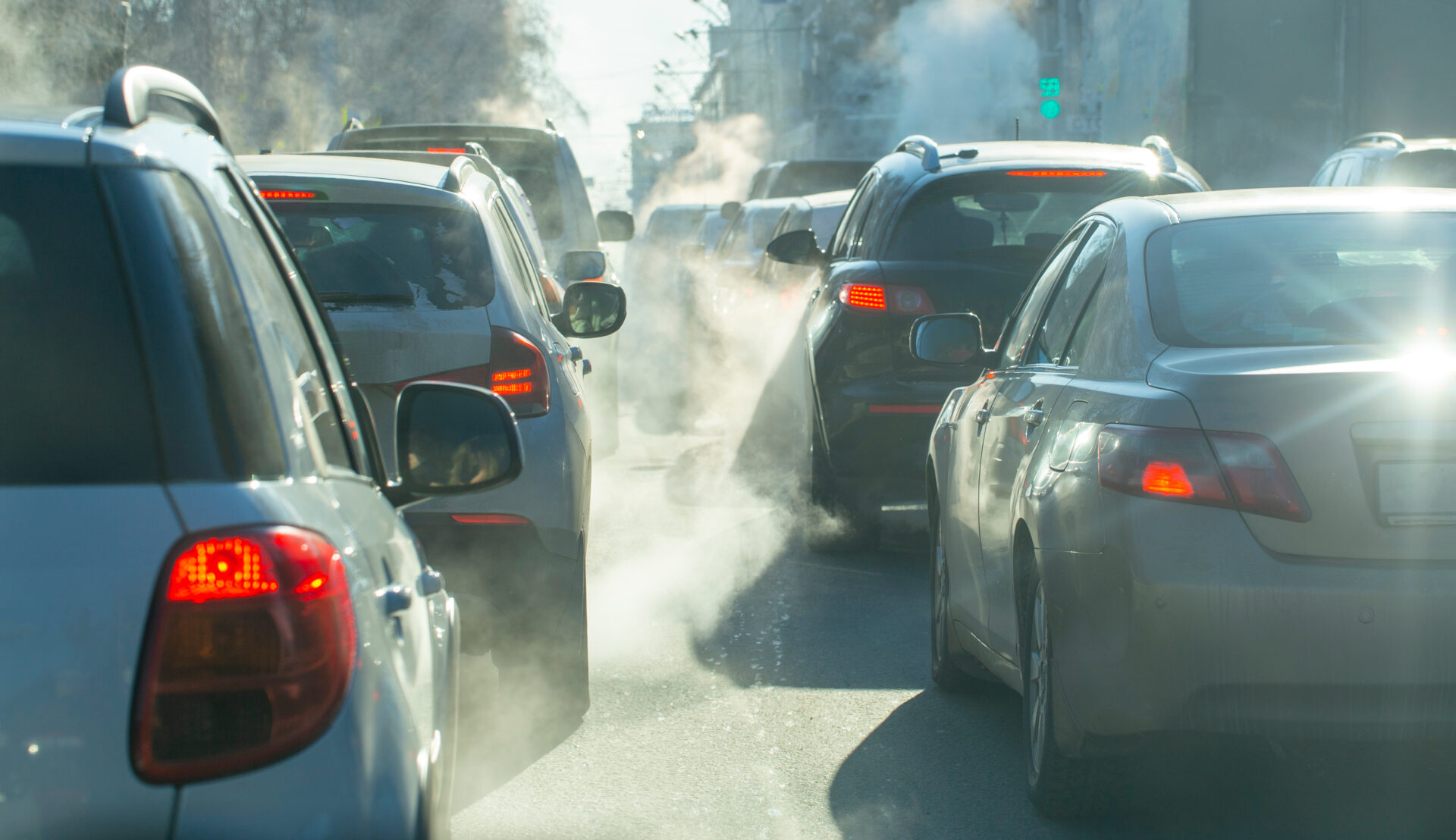The Charleston Metro Area ranked among the nation’s cleanest cities for ozone pollution in a report released Wednesday.
The American Lung Association released its annual “State of the Air” report, which grades exposure to unhealthy levels in the air quality.
“It grades exposure to unhealthy levels of ground-level ozone, air pollution, which you and I might think of a smog, annual particle pollution, which we might think of as soot, and short-term spikes in particle pollution over a three-year period,” said Aimee Van Cleave, the advocacy director for the American Lung Association in West Virginia.
While the Charleston Metro Area earned an A grade, the Wheeling Metro Area earned a B grade, its best result for year-round particle pollution.
“It’s doing really well,” Van Cleave said. “So we’re finding really positively that folks in West Virginia are breathing some of the cleanest air in the country.”
The report looked at levels of ozone, or smog, the air pollutant affecting the largest number of people. Cities are ranked based on the area’s worst county’s average number of unhealthy days.
The Charleston metro area had zero unhealthy days per year. The Wheeling metro area had an average of 0.3 unhealthy days per year.
While West Virginia scored well, the rest of the nation did not. The report found that nearly four in 10 people live in places with unhealthy levels of air pollution.
Van Cleave said exposure to particle pollution can lead to lung cancer, asthma episodes, heart attacks, strokes, preterm births and impaired cognitive functioning later in life.
“We can encourage folks to go to airnow.gov, where you can see if you are having a poor-quality day, and then you can take precautions such as rolling up your car windows, not exercising outside, putting your air conditioner on recirculate,” Van Cleave said. “And then of course, taking extra precautions for children and people with lung disease.”
Van Cleave said climate change is making air pollution more likely to form and more difficult to clean up. She said people should check the air quality in their area before exercising outside and take action by signing a petition.
“What we’re asking folks to do to improve air quality, there are a number of things including calling on the EPA to set long overdue, stronger national limits on ozone pollution,” Van Cleave said. “Folks can also just look at the air quality in their area and make personal choices like biking or walking rather than using the car, those kinds of things.”
Appalachia Health News is a project of West Virginia Public Broadcasting with support from Marshall Health.
